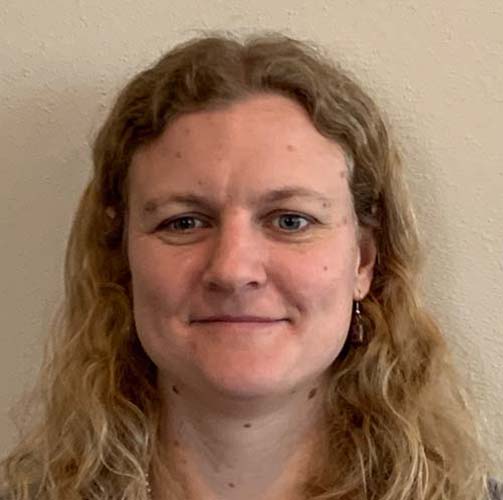Date recorded: October 24, 2019 | Rebroadcast Date: February 23. 2021
Project E3 is pleased to share a webcast focused on lessons learned from Wisconsin PROMISE. PROMISE —Promoting Readiness of Minors in Supplemental Security Income—began in 2013 in a U.S. Department of Education in partnership with the U.S. Department of Labor, U.S. Department of Health and Human Services, and the Social Security Administration partnership to improve the post-school living, learning and earning outcomes of youth with disabilities who receive SSI.
Webcast and Additional Resources
Webcast: Lessons Learned Q & A
Questions - Teacher Training:
- Were teachers and administrators trained in Evidence Based Practices (EBPs) to increase their participation in this program?
- Did you train Teachers in EBP to teach what skills you wanted them to concentrate on to increase the areas in job related skills for students?
Answer:
Connection with teachers was done locally as part of the Resource Team, so training teachers in EBP was not a specific focus of PROMISE, but this was a focus for a previous grant I worked on, Wisconsin's Let's Get to Work.
Learn more through these resources:
Question – Individual Development Accounts (IDA)s:
- How are IDAs funded?
Answer:
We used PROMISE funds to make the IDAs possible. We are currently trying to figure out how something like this can be built within existing systems. There was a Wisconsin bill drafted on this idea, but it hasn't gotten much traction...still trying to figure this out...open to ideas!
Question – Business Recruitment:
- How were businesses recruited to participate?
Answer:
Businesses were not recruited per se, but rather employment providers, contracted through Wisconsin's Division of Vocational Rehabilitation (DVR), connected Promise participants to local jobs through individualized job placement process matching participants interests, skills and abilities to local business needs.
Every job was individualized in competitive integrated employment. We have employment providers throughout the state who do job placement, supportive employment, and customized employment services.
They work individually with the student to connect the student to jobs and trial work experiences. When a Promise Resource team was unsure what would be a good match, connecting youth to job shadows worked really well.
Providing two to three individualized job shadows for each youth usually led to a trial work experience, and then to a more permanent job.
Presenter

Ellie Hartman, PhD, BCBA-D
Researcher at the University of Wisconsin-Madison Rehabilitation Psychology and Special Education
